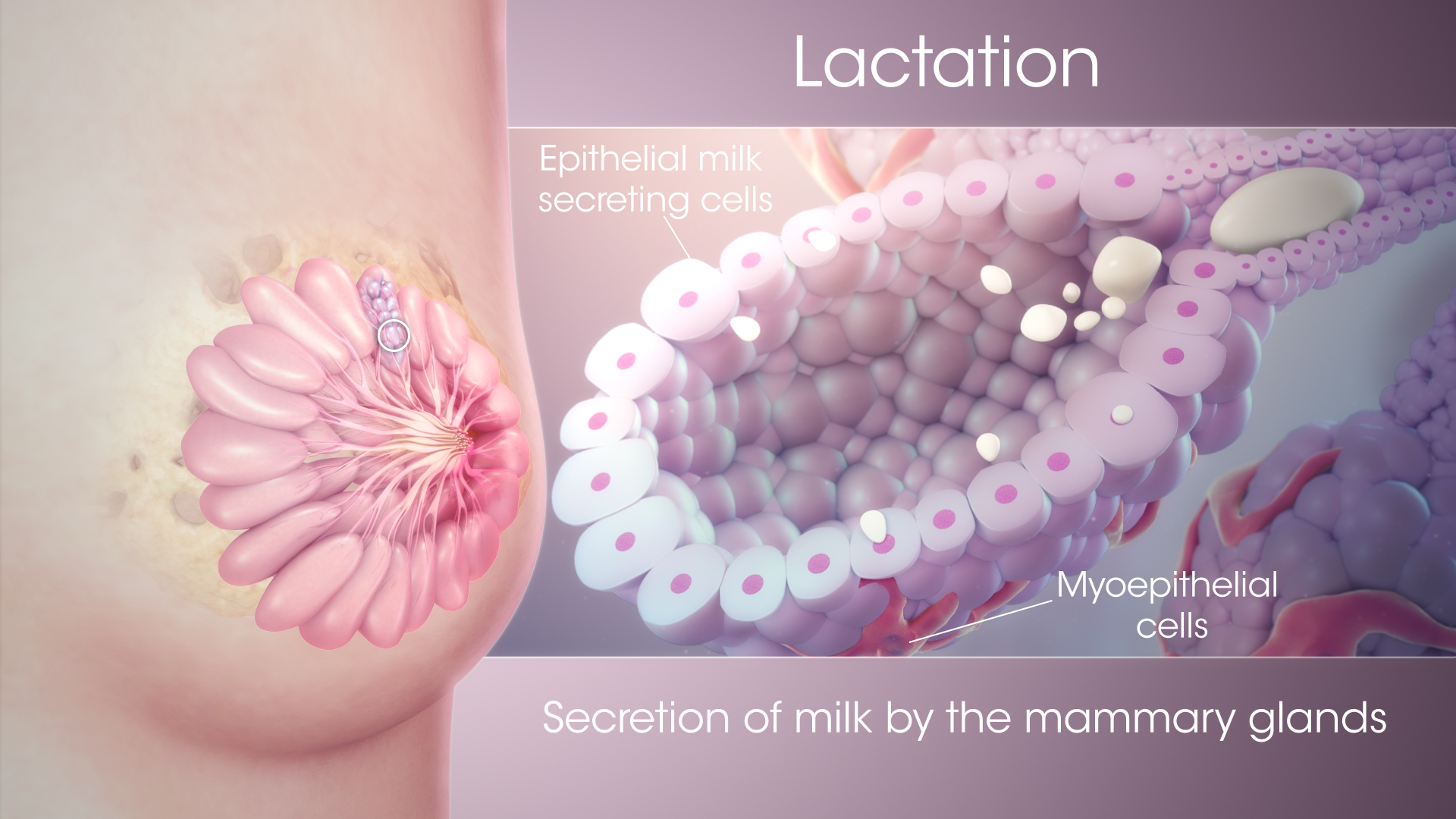There are several advantages of breastfeeding, to both the mother and child, that we are already aware of.
Recorded benefits of breastfeeding for children:
- Reduced risk of ear infections
- Reduced risk of respiratory infections
- Reduced risk of atopic dermatitis
- Reduced risk of gastroenteritis
- Reduced risk of necrotizing enterocolitis
- Reduced risk of type 2 diabetes
- Reduced risk of sudden infant death syndrome (SIDS)
Recorded benefits of breastfeeding for mothers:
- Decreased risk of breast and ovarian cancer
- Decreased risk of type 2 diabetes
- Speeding the return of uterine tone
- Stopping post-birth bleeding by temporarily suppressing ovulation (aids the spacing of children)
Potentially there is still another benefit, i.e., reduced risk of pediatric overweight.
By now it’s a well-known fact that the health of American children is threatened by overweight and the conditions that may stem from this problem like high blood pressure, diabetes, and psychosocial problems. This recent finding is, therefore, a relevant one.
Research
In 2004 and 2005, Arenz et al, Owen et al and Harder et al published the results of meta-analyses that examined the relation between breastfeeding and pediatric overweight. It was discovered that for each month of breastfeeding up to the age of 9 months, the odds of overweight decreased by 4%. This decline resulted in more than 30% decrease in the odds of overweight for child breastfed for 9 months when compared to a child never breastfed.
Clearly, the greater the duration of breastfeeding, the lower the odds of overweight, and this inverse relationship appears to remain with increasing age of the child.
Now the question arises, WHY and HOW might breastfeeding be associated with reduced risk of pediatric overweight?
There are several theories and explanations for it:
- Breastfeeding mothers opt for an overall healthier lifestyle- healthy diet and adequate physical activity.
- Breastfed infants tend to self-regulate their energy intake, i.e., they are better responsive to internal cues that they are full than bottle-fed infants who may be encouraged by external cues to finish a feeding.
- Insulin concentrations in the blood vary as per the mode of feeding. Formula fed infants have higher plasma insulin concentrations and, hence, a prolonged insulin response. This stimulates more fat tissue deposition, thereby inducing weight gain and its associated risks.
- A study found that after controlling for confounding variables such as BMI, children who had the highest intake of breast milk early in life had more favorable concentrations of leptin (the hormone believed to inhibit appetite and control body fat) relative to their fat mass.

Dear Ladies, Keep An Eye On These 7 Health Risks
Women have sure come a long way but they are still at a disadvantage in many spheres of life, including health. They may have a longer life expectancy than men in most countries, but that doesn't necessarily imply that they get to enjoy healthier lives.Read More..

Women Health Issues: Reproductive System Disorders Important Facts
A female reproductive system consists of ovaries, fallopian tubes, uterus, vagina, cervix, external genitals and each of these parts is susceptible to diseases that can affect fertility. Read More..










